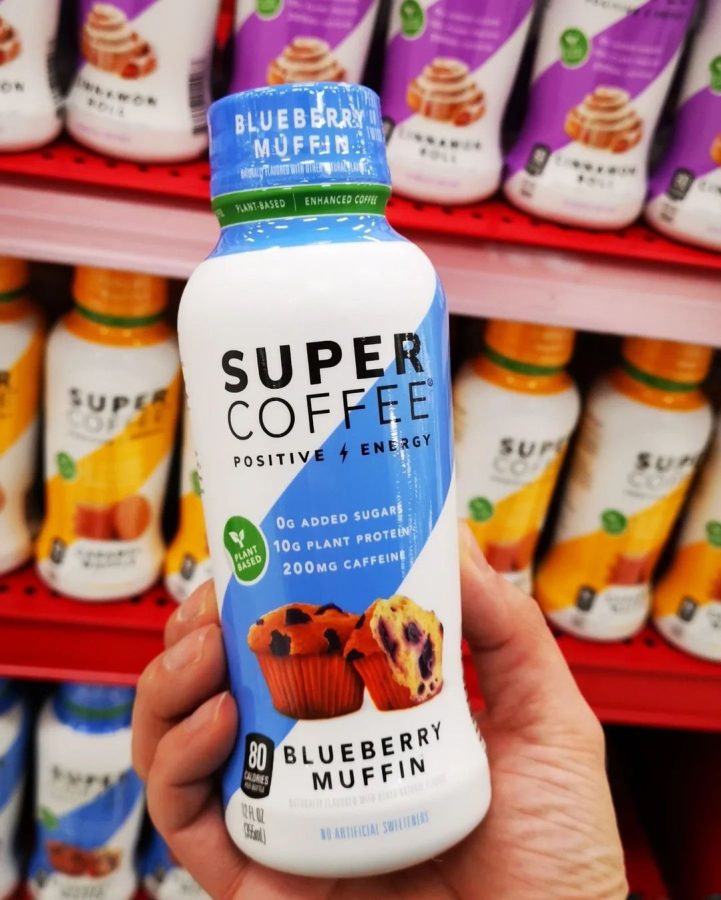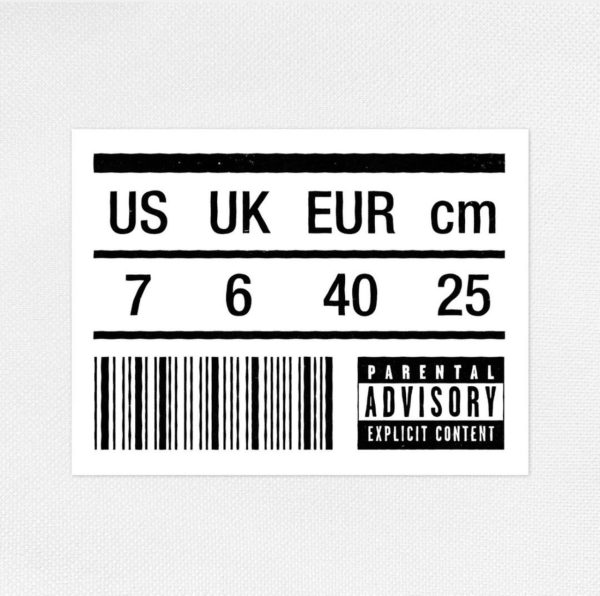Super Coffee’s Soaring Caffeine Content Worries Some
Super Coffee, a caffeine-packed protein drink, has made its way to the beverage fridge in the Williston campus store, and into the hearts, and hands, of many students.
With academic and athletic commitments schedules, energy drinks have become an easy pick-me-up for students. Even though such a convenient solution for sleep-deprived students may allow them to stay alert for a short period of time after consumption, there are real consequences, both short and long-term, from such high doses of caffeine, especially for teenagers.
Coffee has always been available in the dining hall, Stubop, or student-favorite Dunkin’, making caffeine easily accessible around campus. It seems, though, the amount of caffeine from normal coffee is no longer enough to keep students’ energy up. What makes Super Coffee stand out is its concentration of 200mg of caffeine per 12oz bottle, almost double the amount of what is in black coffee. Such concentrated levels of caffeine can more quickly cause dependency.
Atticus Rudof, a senior day student from Northampton, Mass., is a regular consumer of caffeine.
“I have caffeine almost every day, I start with a coffee in the morning and then I take pre-workout after,” he said. “I don’t feel dependent on caffeine since I have random days when I don’t consume any caffeine and I feel fine.”
Pre-workout is a supplemental product concentrated in caffeine combined with other energy-enhancing supplements in a powdered form that is mostly used by athletes or weightlifters for athletic performances. The Stubob does not carry pre-workout powder.
Blayne Lapan, Director of Sports Performance at Williston, does not encourage students to consume energy drinks.
“From time to time I see students consuming energy drinks, which makes me concerned as the ingredients in the drinks are largely artificial and some of the drinks contain a crazy amount of caffeine,” he said. “Also caffeine can really affect a person’s sleep, even if consumed hours before bedtime because it delays the onset of the neurochemicals in the brain that help us feel sleepy and get restful REM sleep.”
Amber Mish, Director of Health and Wellness Services, warned about the dangers of highly-concentrated caffeine products.
“I think that caffeine in moderation is okay, I think that high levels of caffeine such as Celsius beverages and caffeine pills can be dangerous,” she said. “It can create cardiac complications, so I would say to limit energy drinks or highly concentrated caffeine drinks.”
Very Well Health, an online health and wellness information site, states the damage overconsumption of caffeine can impact adolescents.
“Research shows that drinking caffeine from a young age can stunt brain development,” the site states. “That’s because caffeine can make these growing connections less efficient and stop them from forming. It is thought that caffeine’s effect on the brain’s reward and addiction center may influence a child’s food and drink preferences later in life.”















Nat Simpson • Sep 28, 2022 at 11:26 PM
Great article, Annika! You have provided helpful information for students and others to make an informed decision when reaching for something to drink during the day. I appreciated your incorporation of different voices–from students to faculty–in the article. Can’t wait for your next article! Your advisor, Mr. Simpson.
Lynne Nydick • Feb 9, 2023 at 5:10 PM
The contents of Supercoffee are impeccable, organic, non-GMO. My boyfriend and I have consumed 1 and 1/2 a day for years with no ill-effects. there is also enough proteins for a meal for the average person. if college students are going to consume caffeine drink, this is the one.